Following anime can be a joyful journey—but it’s not without its pains.
For starters, the series we choose to follow often come with a huge episode count. You get dragged into plots that sometimes feel unnecessarily drawn out, packed with filler content and slow pacing that can turn away even the most enthusiastic newcomers.
Then there’s the problem of complexity. Many shows come with dense, intricate world-building and tightly connected story arcs. Skip an episode or fast-forward a few minutes and suddenly nothing makes sense anymore. If life gets in the way and you put a series on hold, chances are you’ll forget important plot points by the time you return—and rewatching everything from the beginning? That’s a daunting commitment.
To make matters worse, legendary finales and must-watch classics are often talked about so much that it’s nearly impossible to avoid spoilers. So when you finally do watch it, the thrill might already be spoiled. And if the series ends badly after all that investment? Rage-inducing.
That’s why following a long-running anime series can be both rewarding and frustrating.
But here’s the good news—not all good anime need to be followed episode by episode.
Some shows are beautifully episodic. You can watch a random episode at any time, in any place, and still walk away entertained or relaxed. These shows often don’t have a rigid beginning or end. Instead of telling one grand, drawn-out story, each episode is its own self-contained experience. You don’t need to remember what happened last time, and you won’t get lost if you miss a few.
Take Mushishi, for example.
Each episode is its own tale. There’s no pressure to keep up, no fear of forgetting where you left off. It’s a breath of fresh air in a world obsessed with progress and binge-watching.
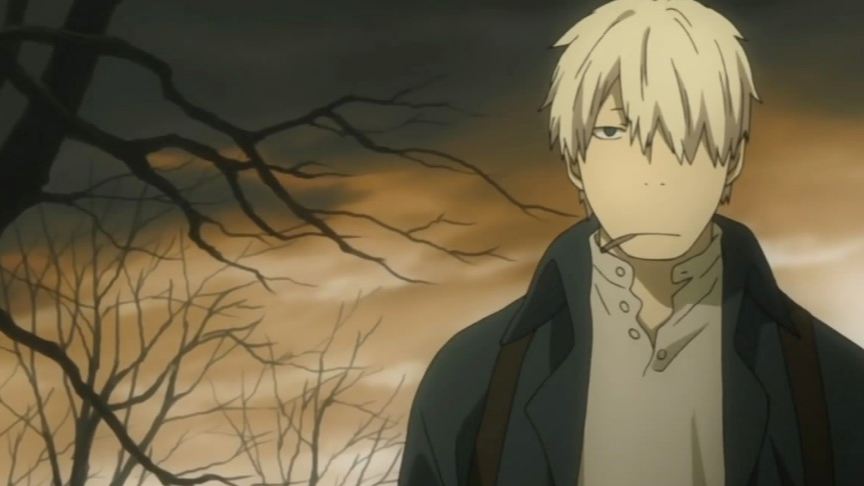
Another gem in this category is Natsume’s Book of Friends.
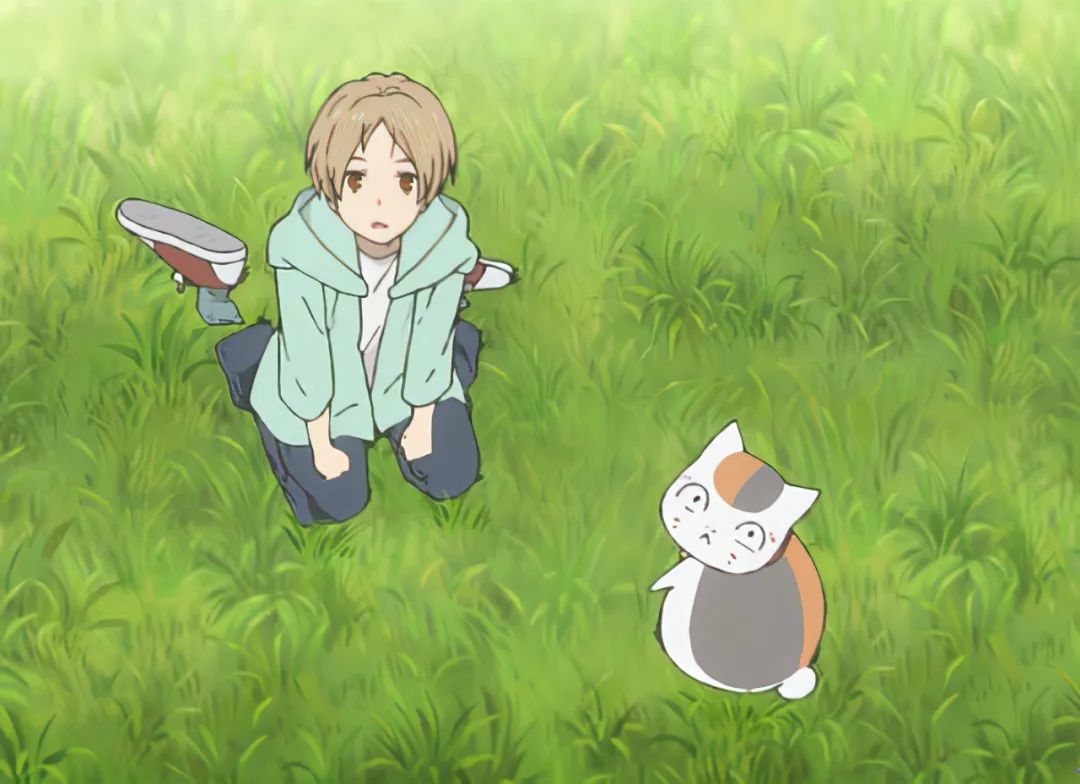
Or the hauntingly beautiful Hell Girl.
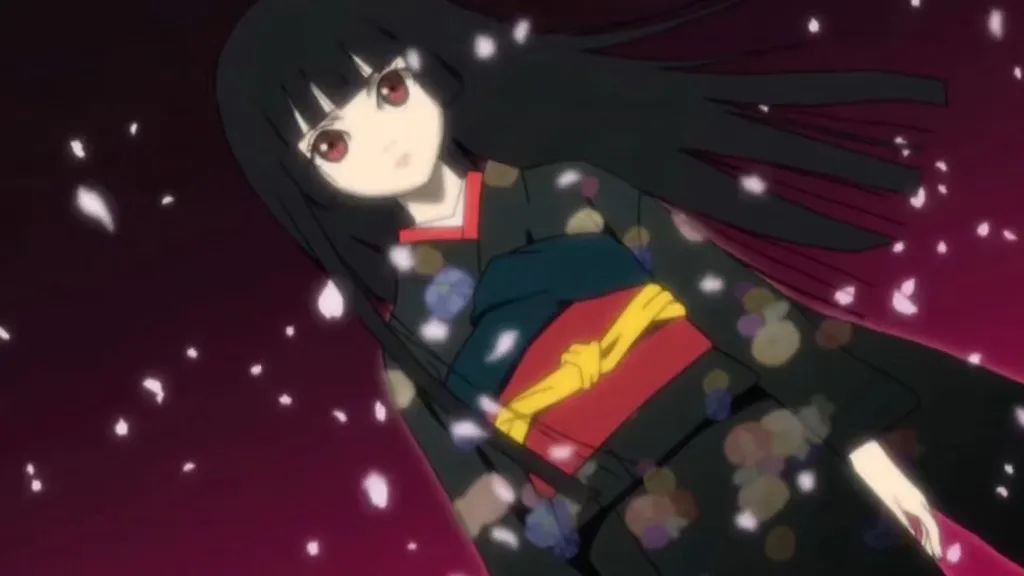
Even many slice-of-life school comedies follow a similar format. Shows like Lucky Star, Non Non Biyori, and even Hyouka focus more on the everyday moments of their characters’ lives. They’re not trying to build to a climactic boss fight—they’re just trying to make you smile.
(“A daughter like Konata is the dream”—don’t you want someone to play games with you all day?)
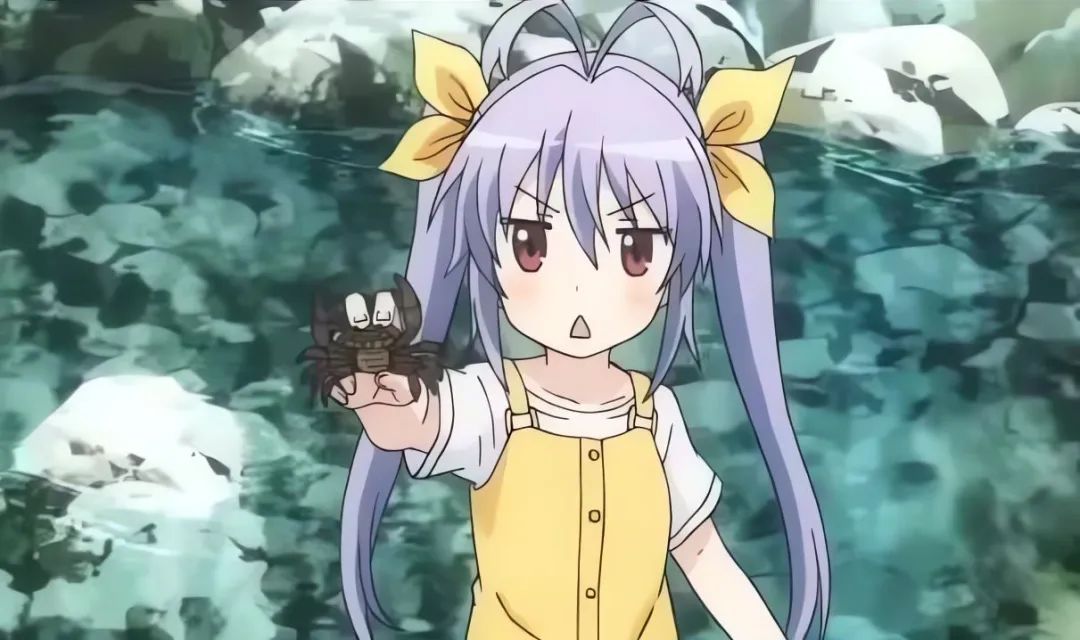
(Nyanpasu~)
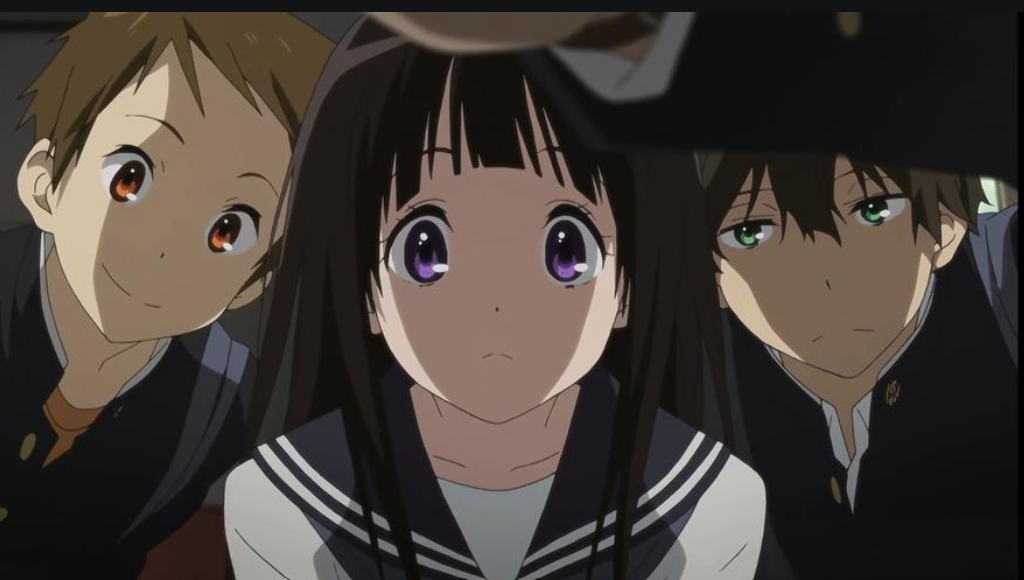
(“Hey, aren’t you the least bit curious?”)
No, they don’t have the intense battles of One Piece or Attack on Titan. They don’t boast the epic moments of Naruto or Bleach. But these series are like a warm cup of tea or a soothing tune—perfect for a quiet afternoon. In a fast-paced world, they offer a slow, comforting escape.
